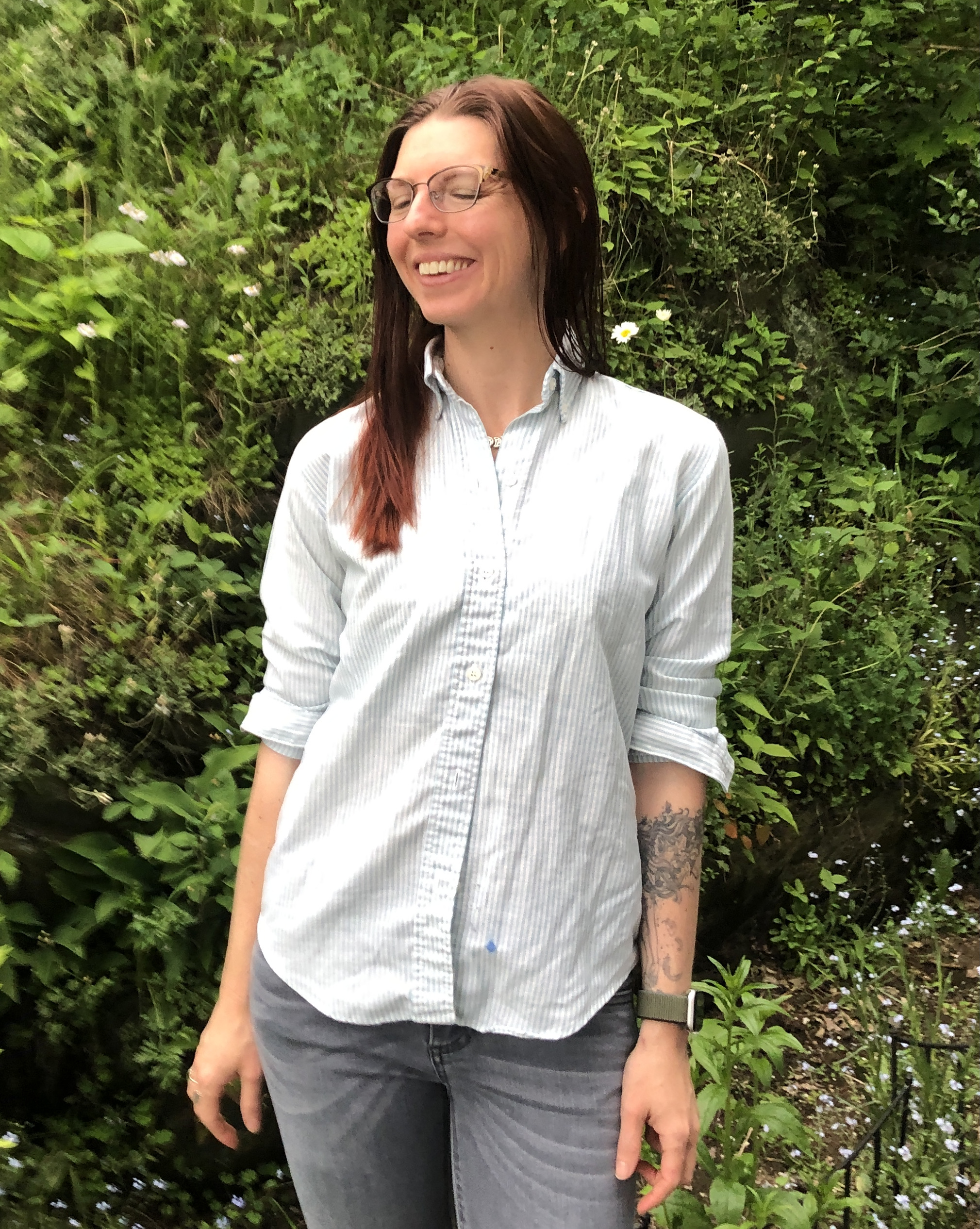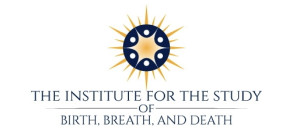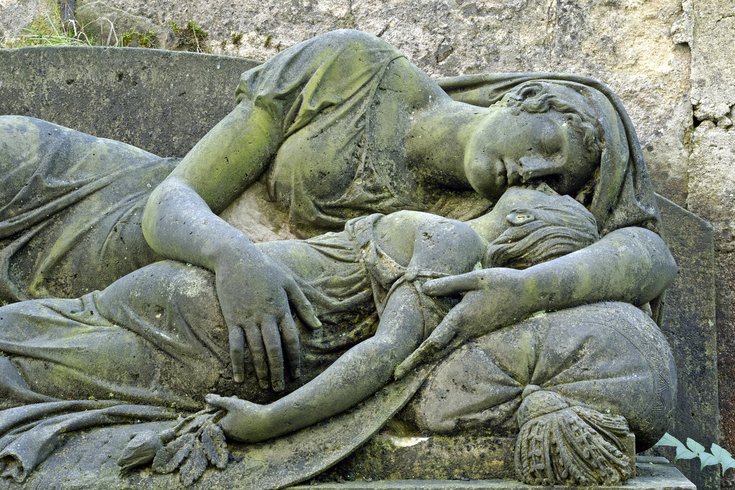More than a funeral service: Mediating grief during COVID-19
by Michelle Acciavatti
Although I am not a medical professional, I am on a different front line of the COVID-19 crisis: as a funeral director, my role is caring for those who die and supporting their families.
I write from my heart, sharing my direct experiences, questions, concerns, fears, and hopes. I speak for my own experience and hope that my words bring insight to all called to serve the dying and the dead at this time.
In a time when protective gear is both expensive and scarce, and their necessity is met by disbelief from many others in my own field, I have done what I can to prepare the necessary physical resources to safely handle the bodies of those that die to limit any risk of transmission in the immediate aftermath of a death from COVID-19, as well as to protect myself and my coworkers from transmission from the families and staff we meet when we come to take the body.
I have been thinking about how to best have the sensitive discussions with families who will witness the bodies of their loved ones placed in body bags. This is a practice I try to avoid under normal circumstances because it can be distressing to families as it feels as though the body they so dearly loved is now a dangerous object. Even families whose loved ones do not die with any symptoms of respiratory distress will most likely see me wearing a mask and I can’t help but wonder, “how can I have sensitive conversations when half my face is obscured?”
And so, I also find myself on the front lines of mediating how people interact with their dead and with each other in times of grief.
Because of the risks large gatherings pose for transmission, even people whose loved ones die of something other than COVID-19, there are many restrictions/recommendations against the regular comforting gathering rituals that are so crucial in times of grief. Each state is different, and while some like North Carolina allow for funeral gatherings of less than 50 people who are practicing social distancing under their sanctuary-at-home ordinance, others have much more limiting restrictions. In fact, in Vermont where I practice, funerals have been deemed “non-essential” gatherings- and most cannot take place with even a limited number people physically present. I believe that seeing and saying goodbye to the body of a loved one is an essential part of mourning. But now I am the gatekeeper of that ritual, put in the position of having to deny it.
We have so few common rituals in US American culture- perhaps as few as high school graduation, weddings, and funerals. And all have been suspended due to the pandemic because all involve gathering, all involve touch, and all—for different reasons—involve tears.
Commingling the mucus that comes with crying is thought to be an excellent transmission pathway. If I followed the spirit of the guidelines for gatherings, families would only be able to say goodbye over video links and not be allowed a final personal goodbye at all. In the rare circumstances where people might be allowed gather in the presence of the body of one who has died, I must discourage them from touching the body. The dead themselves pose little risk, but their bodies become a surface where virus can be transmitted. In the rare circumstances where people are able to interact with the body, best practice dictates that I must limit them to doing so one at a time and must disinfect the body between visitors. I must remind grieving people that social distancing means staying at least 6 feet apart even when they are crying and in most need of the comfort of touch.
In order to protect myself and my community, I must ask these difficult things of families without the use of touch myself, which often communicates so much more empathy than any words.
I know our mourning customs must change to protect our communities and it falls, in part, to funeral directors to help families find healthy ways to mourn with respect for social distancing. And yet, I do not feel as though I have the support of other funeral directors in navigating how to have these conversations with compassion and humility. At the moment I am still struggling with finding ways to allow families, in limited numbers, to continue to have the chance to say goodbye to their dead even though there are risks. My background as a scientist tells me that my many, many colleagues who have suspended all but the business of funeral service—signing contracts for services, and even doing that over email or through car windows—are not wrong to do so.
In order to contain COVID-19, flatten the curve, and try and hopefully decrease the overall number of deaths, we are better off the more isolated we are. And yet, and yet, to deny families the chance to say goodbye to their loved ones seems such a direct denial of their humanity. To have only extremely limited contact with families even in the wake of death when they most count on funeral directors to support them seems like a failure in my work. Families are suffering because of these difficult restrictions on their expected normal mourning routines. To many this pandemic that does not seem real, or far less real than the immediate death they are grieving. The fact that these restrictions are in place to protect them and their community makes mediating any sort of discussion feel patronizing.
I do not know what the right way forward is.
As a funeral director, I remain on call 24/7 for all deaths. Deaths from causes other than COVID-19 are also increasing as access to medical care becomes difficult and/or scary. I must work.
I work for my community whenever and however death arrives. I work at the bequests of families; of hospices, nursing home and long-term care facilities; and of the police, State’s Attorney, and the State Medical Examiner. I travel into nursing homes and hospitals, homes, and any place a dead body needs to be removed. I do so with dignity and respect for the body I am there to care for and now also do so at the risk of exposure to COVID-19. Funeral directors are the people often forgotten because no one wants to think about death. And yet, we are there for everyone who dies regardless of cause of death, race, sexual orientation, creed, economic status, or anything else that made them a unique human.
I work in death. It is my calling and my chosen field. But that does not give me mental super-powers to withstand the sadness of my work. I stand on the ever-changing ground of what I can offer families as I wait for the death toll from COVID-19 to spike in Vermont and I find myself scared and worried I will not have the emotional strength to do what I must do.
I recharge through my connection with families and it is very daunting to see the way I interact with families change so radically right as I face the time when COVID-19 deaths are expected to rise, and while other deaths continue to impact families. I might work with some families and never meet them face to face, knowing them only through the body of one they loved, a voice on the phone, or words on a screen. And yet I know I will do it.
 I will not fail my community or falter in my work. My first responsibility is to the dead and those that love them, but I will do all I can to serve my community safely. Even when how I will continue to treat every family I serve with compassion and respect, and the bodies of those they love with dignity and care has become less clear.
I will not fail my community or falter in my work. My first responsibility is to the dead and those that love them, but I will do all I can to serve my community safely. Even when how I will continue to treat every family I serve with compassion and respect, and the bodies of those they love with dignity and care has become less clear.
I have been called upon to serve my community in their time of grief and will continue to do so in this time of crisis, and in the time when the crisis has passed. Death, like life, goes on.
To read more about how funeral directors are navigating our global pandemic, here is an article by Alan Wolfelt to consider.
 Michelle Acciavatti (she/her/they), MS, is a licensed mortician, end of life specialist and natural burial educator and cemeterian. She works with people preparing for the end of life, designing funeral services, caring for their own dead, and exploring natural burial options. Michelle seeks ways to positively integrate community death care and conventional funeral home offerings for people who want to participate in hands-on death care and natural burial. She offers death awareness and disposition education to individuals, communities, organizations, and institutions to facilitate building community resources focused on end of life care and rituals.
Michelle Acciavatti (she/her/they), MS, is a licensed mortician, end of life specialist and natural burial educator and cemeterian. She works with people preparing for the end of life, designing funeral services, caring for their own dead, and exploring natural burial options. Michelle seeks ways to positively integrate community death care and conventional funeral home offerings for people who want to participate in hands-on death care and natural burial. She offers death awareness and disposition education to individuals, communities, organizations, and institutions to facilitate building community resources focused on end of life care and rituals.
Michelle has trained as a mortician, advance care planner, end of life doula, home funeral guide, natural burial advocate & educator, writer, neuroscientist, and ethicist. She is a founding member of The Collective for Radical Death Studies and serves as the Chair of the Equity and Access Committee on the board of the National Home Funeral Alliance. She has practiced death work with people of all ages, including death during pregnancy. Her work has found her in setting as varied as Boston Children’s Hospital, community spaces, people’s own homes, and the funeral home. Michelle runs Ending Well Funeral Home and Vermont Natural Burial Forest Cemetery, where she strives to provide each person with services that fit their specific mourning needs.

